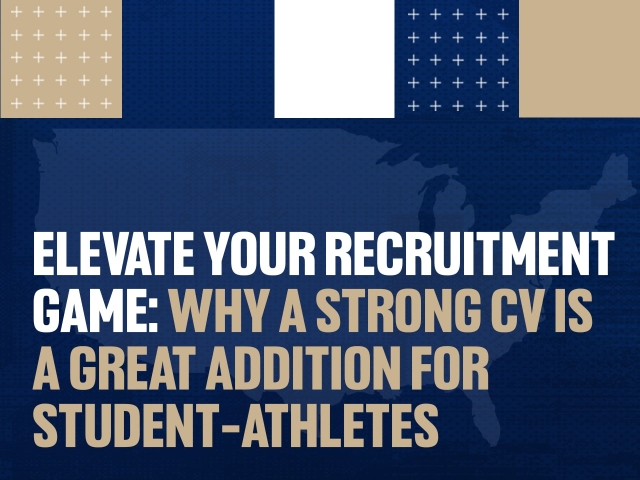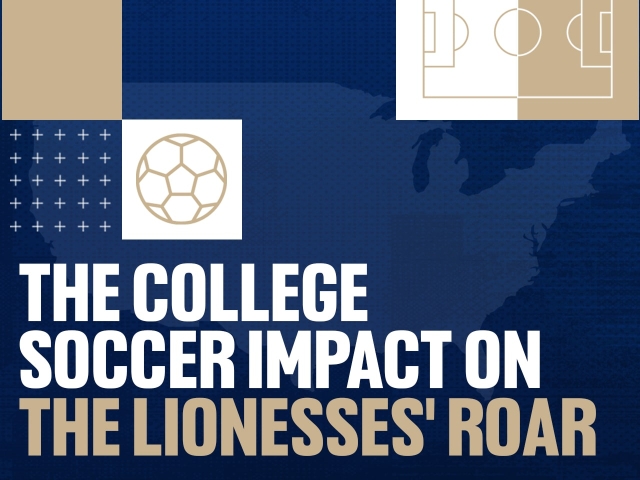The regulations in the National Collegiate Athletic Association’s 400-plus-page rulebook, have often been viewed as excessive and infuriating, and you begin to understand why, when you look a little closer. Take the notorious 'bagel rule', for example, NCAA President Mark Emmert’s favorite example of overreach. That rule, which Emmert has referenced many times when explaining why he wanted to deregulate the rulebook, instructs that when colleges are recruiting prospective athletes, they may provide the athletes with bagels, but not bagels with cream cheese. What's the difference?
- The former constitutes an allowable “snack” under NCAA rules, while the latter counts as a
forbidden “meal.”
For years, athletic administrators and coaches have complained about N.C.A.A. recruiting rules being too cumbersome to enforce. So at the organization’s convention in Dallas in January, university presidents passed legislation to tear some pages from the rule book. However, the
recent deregulation of some of the NCAA rules are considerably more significant than the 'bagel rule', with some experts implying that their approval will allow the wealthiest programs to gain even more of an advantage, while changing the face of athletic recruiting.
N.C.A.A.’s new legislation, which includes - no limit on recruiting contact with high school athletes, no limits on recruiting materials that can be sent in the mail, and no limits on staff size to use in recruiting, means colleges could hire a whole different staff in football to pursue players. Deregulation also would allow any employee at a university, like a professor or a counselor, to contact a prospect.
Under the legislation, some of which takes effect July 1, prospects could exchange unlimited phone calls and text messages with universities. There would be no rest for coaches or recruits.
So how does this affect colleges?
Despite complaints about the previous, tighter, regulations, Big Ten coaches and athletic directors issued a statement last week opposing key parts of the legislation.
“We have serious concerns whether these proposals, as currently written, are in the best interest of high school student-athletes, their families and their coaches,” the statement said. “We are also concerned about the adverse effect they would have on college coaches, administrators and university resources.”
“It was an immediate red flag, we now have about 35 items on the list of what the coaches would love to do. Think about if we gave them a few months to come up with things.”
While 'smaller' colleges, seem to be less threatened by the new deregulation:
“We have won 21 games in the last two years,” Kansas State Athletic Director, John Currie, said of his football program. “I have 139 staff members, which I believe is the smallest full-time staff in the Big 12, but that does not affect our ability to be successful.”
He added: “If we lose out on somebody because our media guide was only 200 pages and somebody else’s was 400 pages, then so be it. I don’t think every school is going to add 25 new quality control coaches and recruiting coaches, because adding 25 new personalities to your building is not necessarily going to make you better.”
Currie said Kansas State supported the deregulation of electronic communications. And that, in itself, would save money.
“I am a proponent of close examination of ways to improve and streamline the rule book,” Currie said. “We spend too much time and money trying to legislate something that is impossible to regulate. A text message ban has unintended negative consequences and causes more waste of resources than unlimited texting. If a kid does not want to return a phone call or text, he won’t."
Sources




